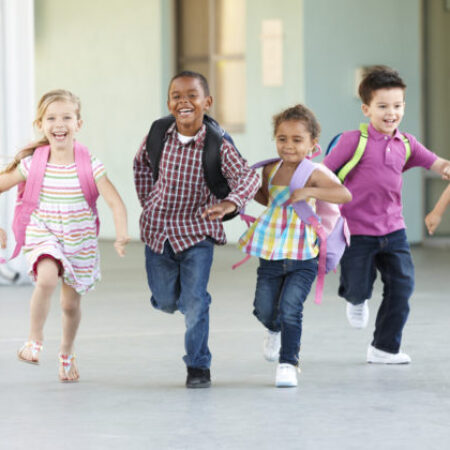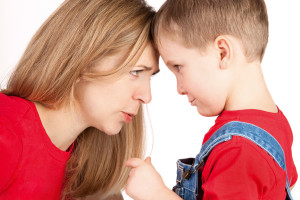Children love to play games with their friends, but many times fun and laughter turn into resentment and sad feelings. What might appear as pettiness to us is actually a very upsetting situation in the making.
Occasionally, when children’s feelings are hurt deeply enough, they choose to shut down communication with their friends, turning inward rather than finding a way to resolve the conflict and get on with the relationship.
But parents can be sensitive to their child’s feelings while teaching them to forgive others and work through disagreements in order to move forward in those friendships. And as we know, conflict resolution is a skill that will be used throughout their lives.
However, the concept of forgiveness is challenging to teach younger children. A preschooler at age four or five is only beginning to realize the relationship between her actions and the feelings of others. Regardless, intentional instruction between parent and child at the moment situations arise will help preschoolers begin to understand this process of showing mercy to others. These teachable moments will be glued to their minds as they piece together the relationships of their childhood years and beyond.
As children grow, parents can help them develop relational reactions to situations. A good way of practicing these skills is within the family when squabbles come up between siblings. So, when talking with your [older] child about forgiveness, use a few steps to teach this valuable skill in relating to friends:
- Be honest about hurt feelings
Clear communication about one’s feelings will help with future situations in relationships. An example of communicating honestly and clearly with a friend might be, “It hurt my feelings when you made fun of the way I dress.” Or “It makes me feel so sad when you laugh at the way I talk.” - Admit sorrow
Even when we think the other person has wronged us, apologizing about the situation often helps restore positive feelings between both individuals. This should come sometime after honest feelings about the situation have been shared. Here is an example: “I’m sorry we had an argument. I want to be friends with you and have fun together again.” - Hug or shake hands
A positive physical touch after making things right tends to bring about a renewed connection between friends. A quick hug or gentle touch on the friend’s shoulder shows feelings of wanting to let go of hurt feelings, and a desire to move forward in friendship. - Let go and move on
Nothing says we’ve forgiven more than picking up again where things ended prior to the misunderstanding. Trying our best to come up with an activity that both friends enjoy doing together can help get past the prior hurt. Parents might suggest taking the children out for ice cream or for a fun time at a local park so they can reconnect easier. Again, activities like this model a healthy approach to relationships that can be used throughout their lifetime.
Forgiveness is a big deal! And it’s a vital concept to learn early in life. Pray for God to help your children understand how to forgive others and build close friendships with their friends.
A Bible promise you can teach them is found in Philippians 4:13 where it says, “I can do all things through Him who strengthens me.” God is faithful to help us resolve conflicts with others and move us to a life of joy in our relationships with them.


